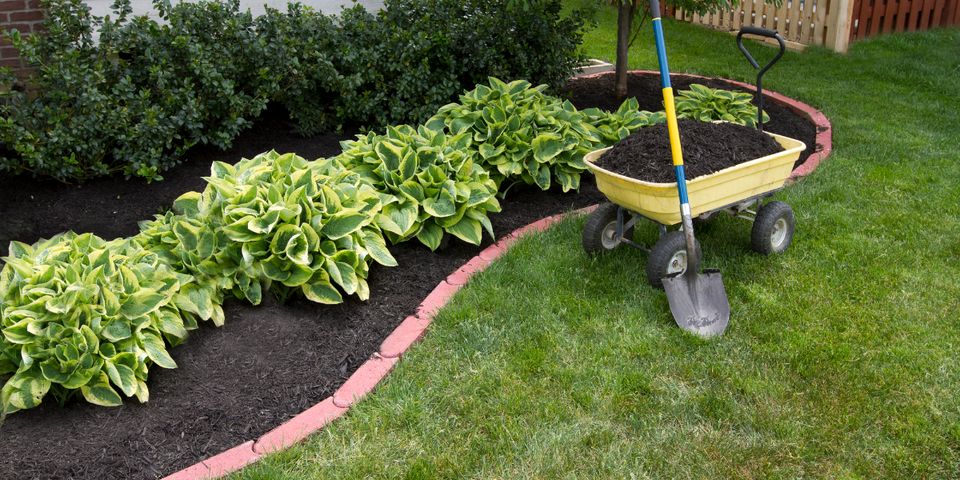
With the arrival of spring, it's the perfect time to get your yard in shape. Mulch plays a key role in maintaining the health of your landscaping. This material comes in organic and inorganic varieties and benefits your garden in several ways. Learn more about how this material will help create a healthier, more attractive property.
What Is Mulch Made Of?
Organic mulch includes shredded or chipped tree bark, grass clippings, shredded leaves or newspaper, straw, and pine needles. These materials eventually break down, providing the soil with extra nutrients.
Inorganic mulch includes porous landscape fabric, gravel or stone, rubber, and black plastic. These options do not decompose, with the exception of landscape fabric. While they won't offer nutrients, they will prevent weed growth and retain moisture for your plants.
Each material has different applications. For instance, grass clippings are typically used to suppress weed growth, and gravel supports healthy drainage.
When Is the Best Time to Apply Mulch?

Winter can be a good time for mulching. Applying your selected product in winter maintains the soil temperature to prevent plants from undergoing repeated freeze-thaw cycles. These cycles trick plants into thinking it's time to sprout, causing them to end their winter dormancy. Doing so can lead to severe, if not fatal, damage from subsequent frosts. To avoid shocking your plants as the temperature rises, remove your chosen product gradually instead of at once.
Mid-to-late spring applications are considered the best time since they help the soil warm up and prepare for new growth. Applying your chosen product in the late fall is not recommended, as it can interfere with plant dormancy by keeping the ground too warm.
What Are the Benefits of Mulch?
In addition to maintaining soil temperature and preventing damaging freeze-thaw cycles, this landscape material keeps weeds from sprouting and competing with plants for nutrients. It conserves soil moisture, which is beneficial during periods of drought, and inhibits soil crusting. The latter issue occurs when rainwater forcefully hits the soil, causing dirt particles to spread in various directions. Water cannot absorb as easily on crusted soil, which means plants can dehydrate. Since mulch absorbs rainwater impacts, it keeps the soil moist.
Using organic materials, like shredded bark or grass clippings, will keep the soil fertile. More decaying organic matter in the ground attracts earthworms, who help aerate the soil as they burrow.
For expert mulch applications, rely on Evergreen Landscape Management. Serving Monroe and North Livingston Counties in NY since 1995, this residential landscaping company helps customers retain beautiful yards. Let them get your property ready for spring with design and maintenance services. Call (585) 889-9300 today to schedule services or learn more about this company online.
About the Business
Have a question? Ask the experts!
Send your question

